Next up in the Academic Bursary hot seat is Peter Broßeit. Peter is currently studying for a MSc in Geoinformation Technologies at Dresden University of Technology. Over to Peter……
For me, it was an outstanding and enriching experience to participate in FOSS4G 2013. The combination of great people, amazing technology and the open source spirit made my five days in Nottingham something special, far more than a usual business-conference.
What really stood out?
There were so many outstanding presentations, that it is almost impossible to pick a top three. Nevertheless, here is what I would select:
- I have been working with PostGIS for several years and was interested to see Paul Ramsey’s “PostGIS Feature Frenzy”. Showing established as well as new functionality, this presentation has inspired me to continue exploring this software.
- ‘State of Geoserver‘ (Andrea Aime and Jody Garnett) because of the impressive bunch of features that are included in the new release version. It was nice to see that Geoserver is now shipped with many tools that we have missed in the past, like NetCDF support. The security enhancement was another import topic.
- The Keynote about QGIS 2.0 by Tim Sutton was another highlight, not only because of the great new capabilities of the new version, but also because it provided a potted history of QGIS that I was not fully aware of.
As soon as I am back at my desk, I will check out some of the interesting software projects I have seen. I am hoping to utilise some of them in my upcoming study projects, such as:
- in the next semester we have to build a software environment for automatic object recognition within point clouds. I will try to use the new PostgreSQL-extension Pointcloud as back end and figure out how it works. The related presentations have been very promising.
- I also want to use OpenLayers3 to build a front end for an ongoing SDI-project to benefit from the nice look and feel of the new version of this popular library.
- Using Git for source code management as a matter of course, I am very interested in playing around with GeoGIT. Inspired by Git, this project aims to enhance and simplify versioning of geospatial data. I will examine how this works, especially with large datasets.
Reflection
All in all, the FOSS4G was a perfect complement to my studies in the fields of geo-informatics, software development, and geodesy. It was very interesting to meet the people who are developing and working on great open source projects that I use in my studies. It was this mix of people from all over the world with various backgrounds from business and academia as well as the open source enthusiasts that created the friendly and exceptional atmosphere. I am very grateful to be given opportunity to attend the FOSS4G 2013 in Nottingham. I can definitely say that attending FOSS4G was an unforgettable experience for me. As a result I feel strong connected to the FOSS4G-community and I am eager to spread the word about open source geospatial software in my professional future. “I pledge to be a responsible Open Source Citizen.”
FOSS4G 2013 academic bursaries were sponsored by EDINA. EDINA supports the use of spatial data in higher and further education in the UK. EDINA relies heavily on free and open software to deliver its service and is proud to support FOSS4G 2013.
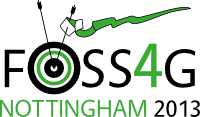
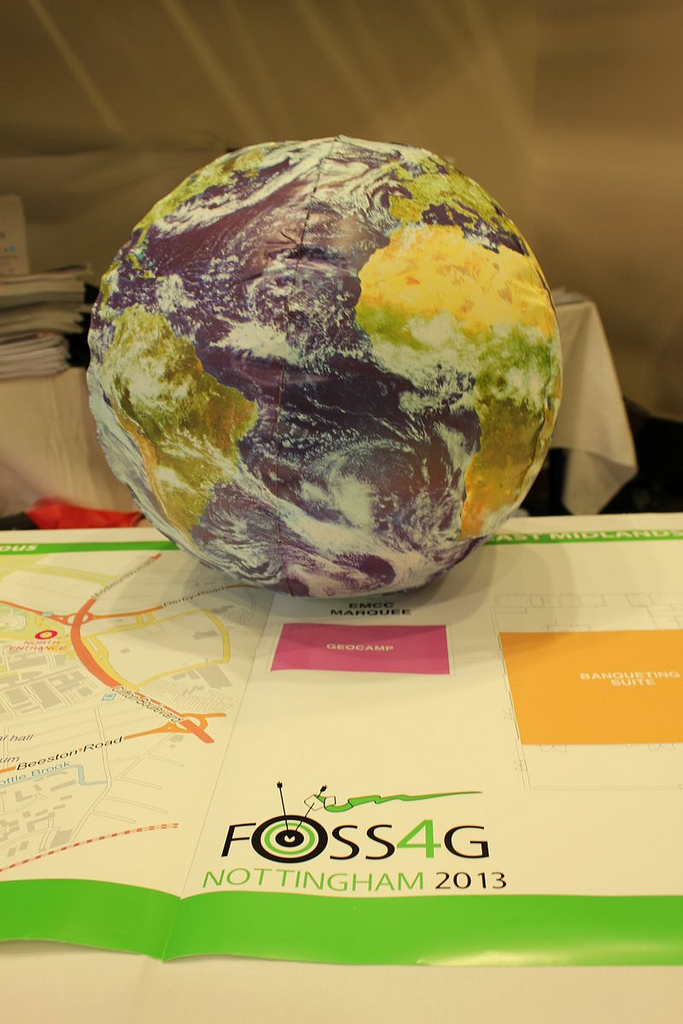


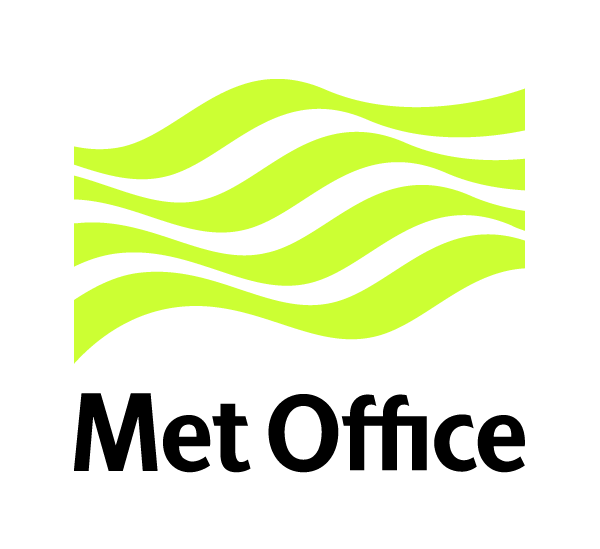






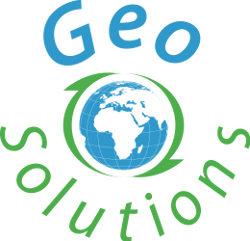
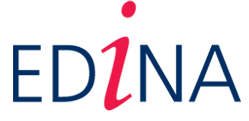
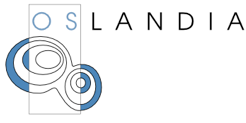







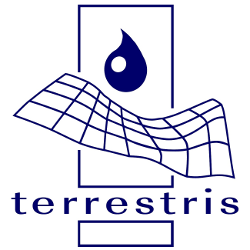


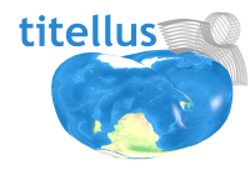






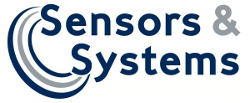
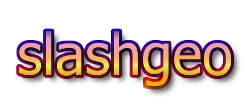
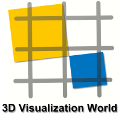

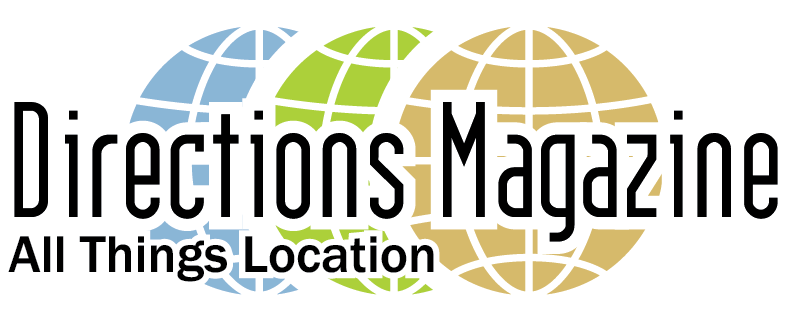


FOSS4G Academic Bursary review – thanks for the great writeup. http://t.co/UnlhEXAHeh